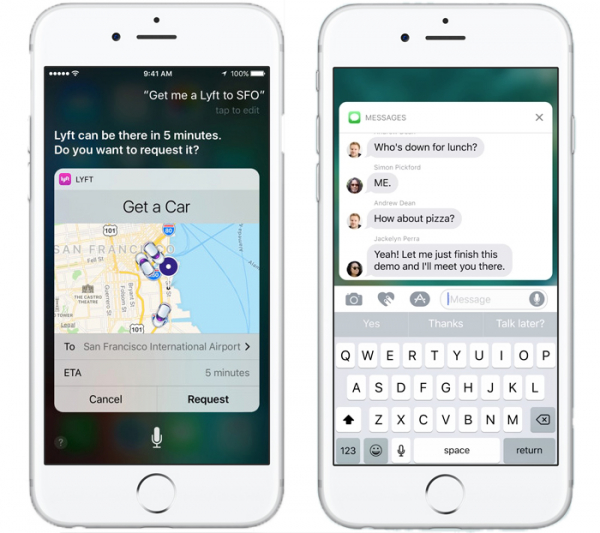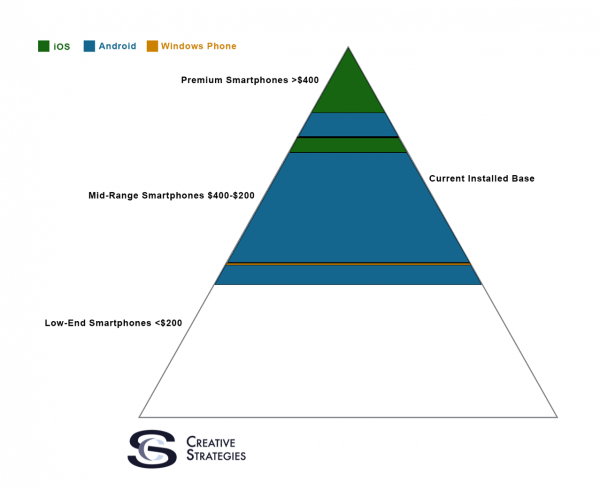iDownloadBlog explains that with iOS 10, you can now unlock the iPhone without launching the home screen:
When an iOS device is unlocked, the OS gives apps access to encrypted data.
As a result, launching Camera from the Lock screen of an unlocked device gives you unrestricted access to the whole Photos library as opposed to showing only the images taken during that particular session if you launch Camera from the Lock screen of a locked device.
Here’s another example.
For security reasons, many people prevent Lock screen access for the Notification Center. As much as this great for preventing someone from sniffing around your Notification Center, it’s also a nuisance as reading your incoming alerts requires you to unlock the device.
In addition to these lock screen changes, iOS 10 adds more ways to access apps without launching them individually:
- bring up Siri and interact with richer app widgets
- swipe on the home and lock screens to interact with richer app widgets
- 3D Touch apps on the home screen for widgets and shortcuts
- quickly switch to third-party iMessage apps without leaving the conversation (e.g. send Paypal money to friends)
- perform third-party actions directly within Apple Maps (e.g. book an Uber ride)
These changes show that Apple's once proud, "There's an app for that," tagline is evolving into something different. Since iOS 2, we've thought of the operating system as the platform which you use to launch traditional apps. Now, Apple is turning specific parts of iOS 10 — Siri, iMessage, Apple Maps, Lock Screen, Widget panel, 3D Touch Quick Access — into their own little platforms.
This makes things interesting for app development. Maybe in the future, app developers won't be saying, "I need to create apps for iPhone, iPad, Mac, Apple TV, and Apple Watch ."
Maybe in the future, they'll be saying, "I need to create widgets and extensions for Siri/iMessage/Maps/Music/etc" and everything will simply work on all Apple devices.

